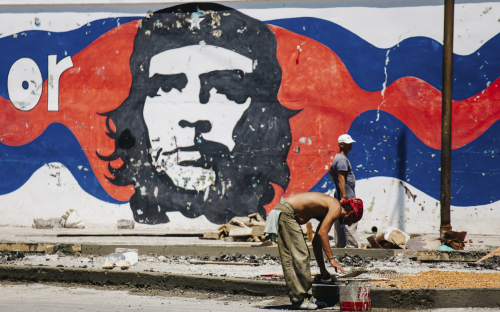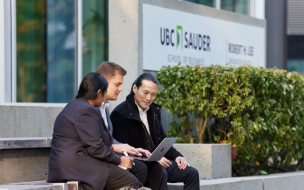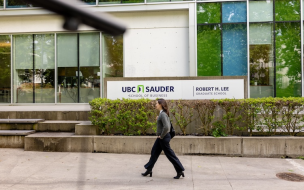But although the US has the most developed business education market, and the majority of the top schools, it faces competition for the Cuban market from the likes of ESADE Business School, which has worked with Cuba’s ministry of higher education on a European Commission-funded project to strengthen the management of Cuban organizations.
The US and Cuba have called a halt to decades of feuding and the strengthening diplomatic ties between the two countries is poised to open up business opportunities.
A flurry of moves into Cuba by elite US and European business schools have been witnessed over the past few years.
Columbia Business School in New York is one of several to have taken advantage of the ability of US universities to take study trips to Cuba. It has taken 120 students there over three years.
NYU Stern ran a similar program called Doing Business in Cuba, with around 80 of Stern’s MBA students flocking to Havana. Stern enlisted the help of the Ludwig Foundation, a non-profit that is trying to build links between the US and Cuba.
A Stern course last year included lectures by Cuban professors, field trips and talks by Cuban economists. “Before this trip, Cuba was a country known to me only through high school history classes and the media,” said Stern MBA Erica Rose.
“Visiting it was a once-in-a-lifetime opportunity for us to explore and learn about a country stuck in time, trying to find a way forward in a modern, global economy,” she said. “Even with its limitations, Cuba has an innovative and developing business environment that we would not have been able to experience otherwise.”
Carl Voigt, professor of clinical management and organization at USC Marshall School of Business, has taken dozens of MBAs to Cuba over the past few years as well as delegations of deans and scholars. “So many of the things we take for granted over here, they don’t have over there. It is a fascinating case study,” he said.
This year 40 MBA students spent 13 days over the winter break meeting Cuban locals and being shown around the Vedado district by government officials.
“It was a confusing place but beautiful in its own way,” said Michael Schwartz, a Marshall School MBA. “Everything is dilapidated but at the same time, there is so much history and personality to the place.”
He added that there are pockets of optimism, but Cubans have heard so many times before that things are about to change that they have an “I’ll believe it when I see it” attitude.
University of Virginia’s Darden School of Business Professor Greg Fairchild travelled to Cuba this year with two-dozen MBA students. Darden MBAs were among the first US students to visit Cuba after President Barack Obama and Raul Castro struck a deal to normalize relations.
Greg said it was an “exceptional opportunity to see a unique economy that’s in transition”. “One thing is certain: Cuba will not be the same place in five years,” he added.
Last month, leading US business school Wharton hosted the Cuba Opportunity Summit, which featured Wharton faculty, US government leaders, business chiefs, and economists from Havana, all of whom discussed the challenges and opportunities of doing business in the country.
The likes of Bougyues, Nestlé and Anheuser-Busch Inbev already have interests in Cuba. The corporate giants may eventually be joined by the behemoths of business education.
RECAPTHA :
af
5d
4b
d1








